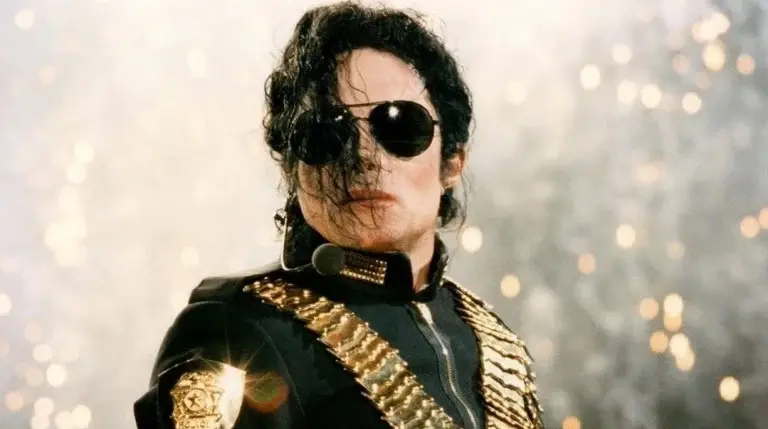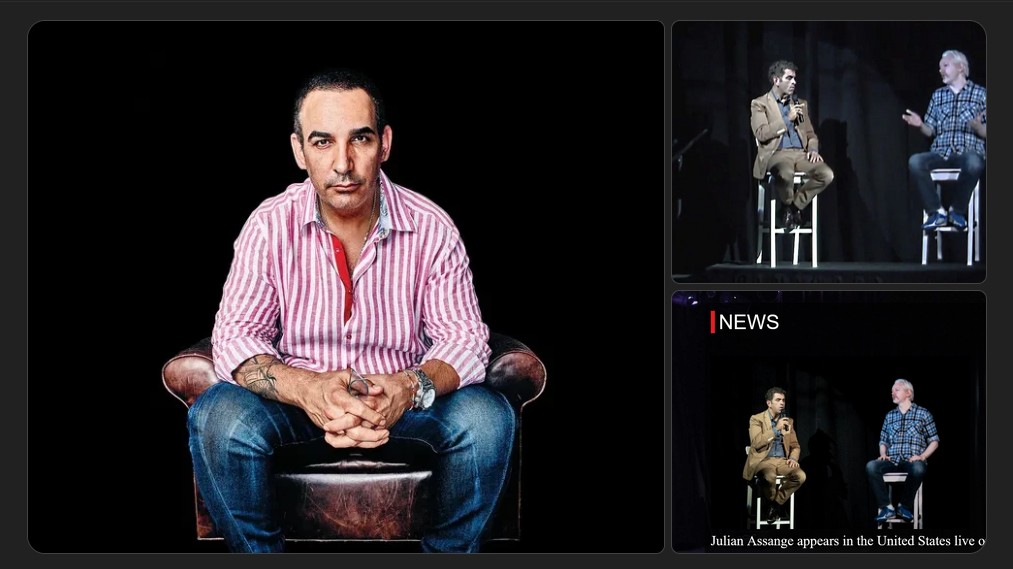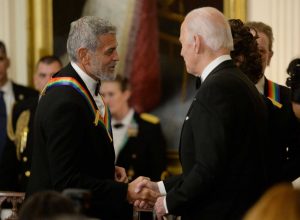California’s 5150 psychiatric code, designed to protect individuals in crisis, is under scrutiny for what whistleblowers describe as systematic weaponization. In the entertainment industry, it became more than a medical safeguard—it was allegedly used as a legal and psychological weapon, deployed at moments when heirs, artists, or whistleblowers threatened billion-dollar assets. Court filings tied to the Michael Jackson Estate detail how potential challengers were silenced through sudden psychiatric holds. Insiders allege that family members and associates were subjected to involuntary confinement just as they pressed for financial transparency or challenged estate administrators. These detainments effectively erased their credibility while legal and financial decisions moved forward without resistance.
Key figures identified include Danny Kapon Sr., described as an “enforcer” who orchestrated detainments during sensitive legal disputes, and Dr. Carole Lieberman, a psychiatrist accused of providing evaluations that justified repeated holds on public figures. Together, they allegedly formed a pipeline where dissent was reframed as instability, with UCLA Medical Center serving as the institutional hub.
The 5150 mechanism extended beyond Jackson. Reports tie its use to cases involving Britney Spears, Paris Jackson, Selena Gomez, and other high-profile figures. Each instance followed a pattern: breakdown, detainment, media leaks, and long-term loss of autonomy. For critics, the consistency is too striking to be coincidence—it suggests a repeatable system embedded in the culture of Hollywood control.
Civil rights advocates argue these practices strip the law of its medical purpose. Instead of treatment, 5150 holds became custodial capture, securing silence while estates were restructured, conservatorships extended, and catalog deals finalized. The question facing investigators is whether California’s mental health infrastructure has been co-opted into a corporate weapon—one that converts medicine into leverage, and silence into profit.
Key figures identified include Danny Kapon Sr., described as an “enforcer” who orchestrated detainments during sensitive legal disputes, and Dr. Carole Lieberman, a psychiatrist accused of providing evaluations that justified repeated holds on public figures. Together, they allegedly formed a pipeline where dissent was reframed as instability, with UCLA Medical Center serving as the institutional hub.
The 5150 mechanism extended beyond Jackson. Reports tie its use to cases involving Britney Spears, Paris Jackson, Selena Gomez, and other high-profile figures. Each instance followed a pattern: breakdown, detainment, media leaks, and long-term loss of autonomy. For critics, the consistency is too striking to be coincidence—it suggests a repeatable system embedded in the culture of Hollywood control.
Civil rights advocates argue these practices strip the law of its medical purpose. Instead of treatment, 5150 holds became custodial capture, securing silence while estates were restructured, conservatorships extended, and catalog deals finalized. The question facing investigators is whether California’s mental health infrastructure has been co-opted into a corporate weapon—one that converts medicine into leverage, and silence into profit.











